Tired old phrases often come out of our mouths when we talk to kids, especially in times of frustration. Do you find this happening to you? When we're exasperated, our minds reach for the first thing that comes to the surface. Often it's the exact words we hated hearing as a kid ourselves. Parent Speak.
Sarah MacLaughlin has compiled a guide of "What Not to Say" when talking to young children. You'll find many common phrases in there, including "Be nice," "Because I said so," "What's the magic word?" "Don't you say no to me!" and many more. Sarah explains why the phrase is ineffective and what's a better option to try. If you follow renegade rules parenting, you'll find several familiar ones such as "Go say you're sorry," "You have to share" and "Good job!"
When you put them all together, what some young kids hear is a litany of bribes, threats, shame, power, labels and confusion. We can do better. But first it's important to recognize what phrases don't help.
One of her phrases under the power play chapter caught my eye. It's all about control and shame: "Look at me when I'm talking to you."
This "Look at me" sentence is a classic clash between adult expectations of respect and child development needs and feelings. When something serious needs to be said, we desire eye contact. We want to make sure our words are heard. We want kids to understand what was wrong and not do it again. We want to make sure children learn cultural ideas of respect. Maybe we even want them to squirm a bit.
For many kids - especially in times of high emotion - they can't look and listen at the same time. Looking directly at someone's face can be overwhelming. If they do look at you, they might not be able to hear you. If a child buries his head or claps his hands over his ears, say "I know you can hear me," and keep talking in a firm voice.
If you were brought up with a string of child rearing phrases you don't wish to repeat, you might like to check out Sarah MacLaughlin's slim book. It's packed with respect.
What phrases would you like to be rid of? What irritating ones do you hear? What's your experience about children looking you in the eye?

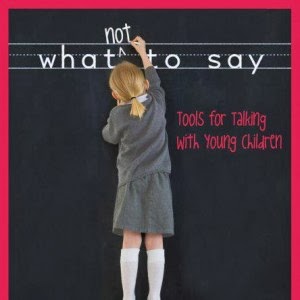
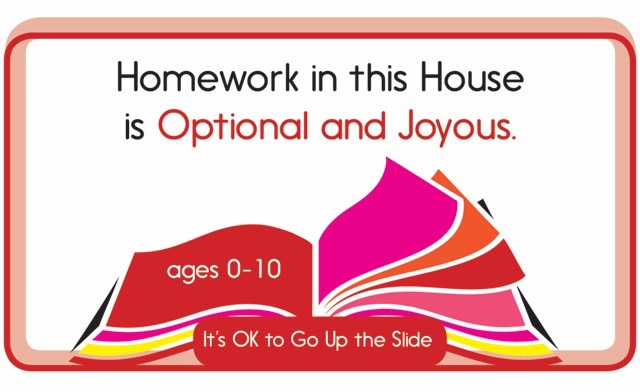
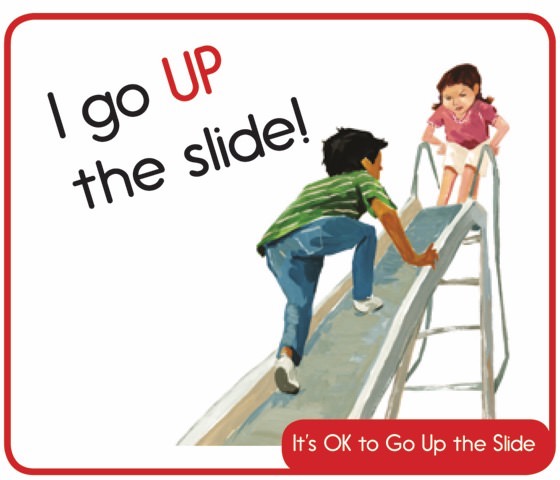
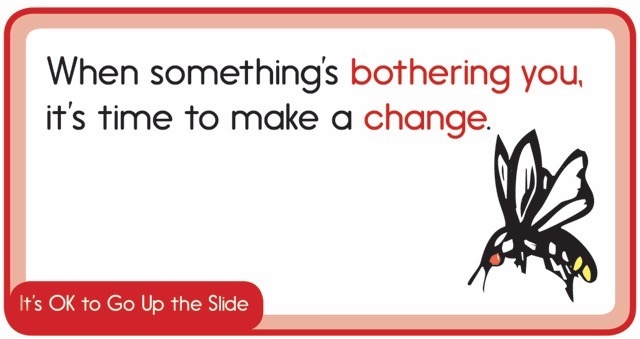
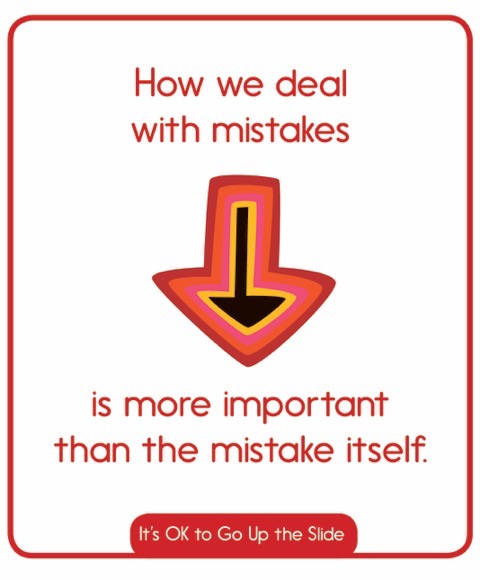
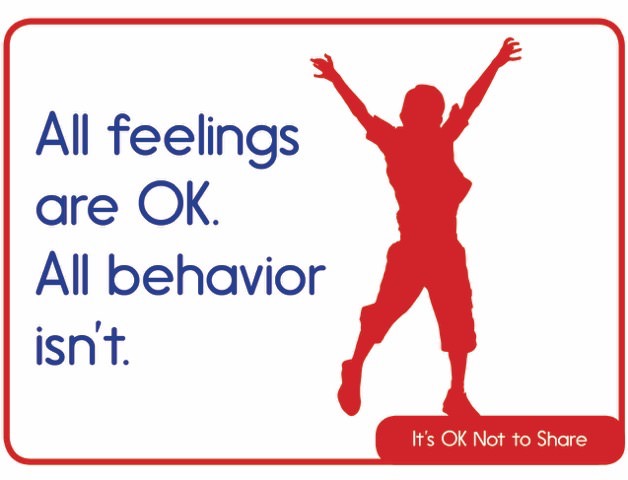
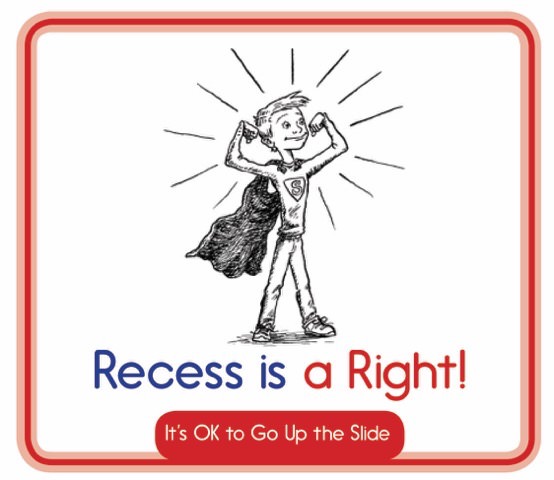
My training as an Early Childhood Educator helped me to rewrite some of the script I'd written as a child minder. For example, instead of saying, "Don't run." I learnt to say, "Walking feet."
Why?
Well, when you say, "Don't run" all the child hears is run. And even if they hear the entire sentence all you've done is told them what not to do. You haven't given them an option. Whereas, "Walking feet" gives them that option in a nice, tidy two word sentence.
I'm looking forward to featuring you on my blog this coming Friday, Heather.
Happy wiiting
Thanks, for sharing your story, Leanne. Yes, we can all learn new words!
It can also be really wonderfull to say "Run!" (finding places where kids can run). Location is the big deal here, ex: "This room is for walking. Go outside if you need to run."